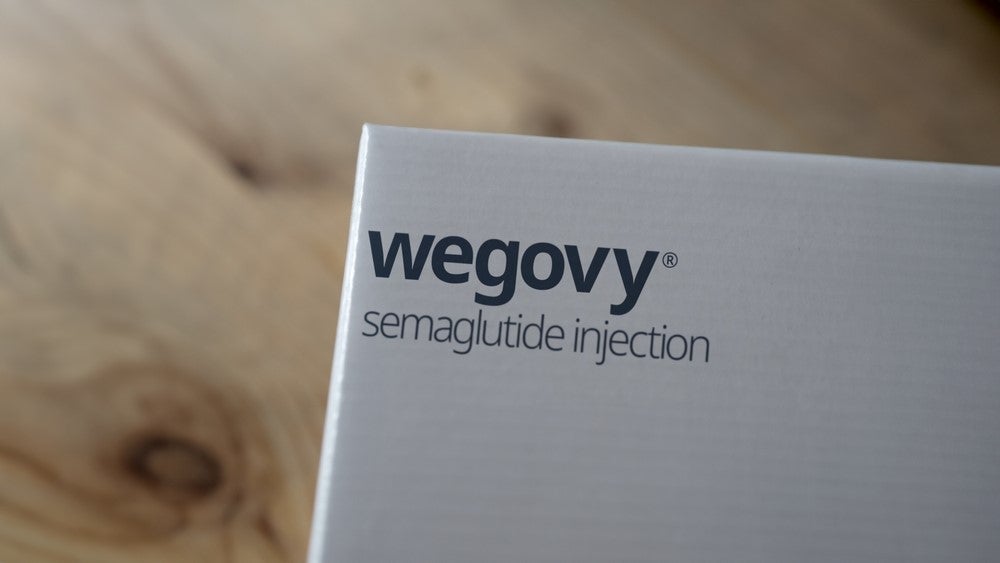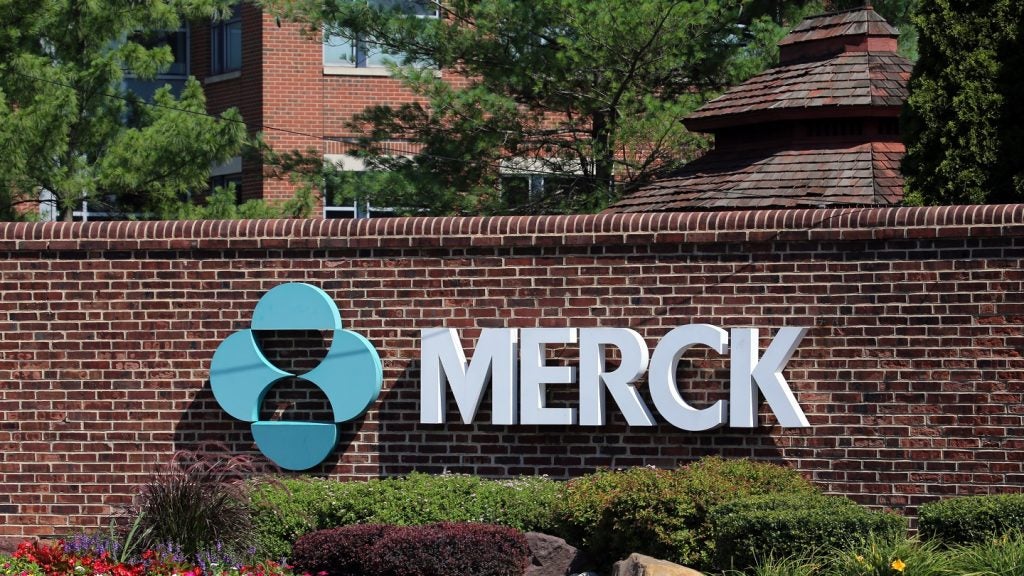
Arcus Biosciences and Gilead Sciences have deprioritised the development of etrumadenant in castrate-resistant prostate cancer after the drug showed an underwhelming response on radiographic progression-free survival (rPFS) in an ongoing trial.
Etrumadenant is a dual A2a/A2b adenosine receptor antagonist developed in partnership with Gilead. The data was from the open-label Phase Ib/II trial (NCT04381832) evaluating the efficacy of combination therapy of etrumadenant, docetaxel, and Arcus’ zimberelimab (PD-1 inhibitor) compared to docetaxel in patients with metastatic castrate-resistant prostate cancer (mCRPC).
However, the companies are proceeding with the combination therapy of etrumadenant, zimberelimab, and chemotherapy in the Phase Ib/II study (NCT04660812) in patients with metastatic colorectal cancer. The trial suffered a delay due to trial events occurring slower than anticipated, and the data is now expected in H1 2024, as per Arcus’s Q2 earnings.
Gilead and Arcus have an agreement providing Gilead with US and global marketing rights to Arcus’ immuno-oncology pipeline, wherein Arcus will receive tiered royalty payments. The deal extends to all territories except those where Arcus had existing partnerships. Another drug included in the agreement, apart from etrumadenant, is domvanalimab.
Domvanalimab is an immune checkpoint inhibitor of TIGIT receptors. The initial data from the Phase II trial (NCT04262856) evaluating the combination treatment of domvanalimab and zimberelimab was underwhelming. The companies are expecting approval for the drug as a first-line combination treatment of domvanalimab, zimberelimab and chemotherapy for the treatment of upper gastrointestinal (GI) cancers and are expecting Phase II data in Q4 2023.
Arcus clinical trial updates
Arcus has initiated multiple trials for its immuno-oncology pipeline. These include a dose expansion, open-label Phase I trial (NCT05536141) for its hypoxia-inducible factor 2 alpha (HIF2a), AB521, in renal cell cancer and other solid tumours, with early data expected in early 2024 at the latest. Additionally, a Phase II study for AB521 combination therapy is planned to start in Q4 2023.
An open-label Phase I/Ib trial (NCT05891171) of its anti-CD39 antibody, AB598, as monotherapy and combination therapy with chemotherapy was initiated in Q2 2023. Additionally, a Phase I clinical trial for its Axl inhibitor, AB801, in healthy volunteers is planned to start in Q3 2023.
Arcus also plans to select a KIT inhibitor for further clinical development for allergic and immune diseases by the end of 2023. As with the immuno-oncology pipeline, Gilead rights, as part of their partnership agreement, to co-develop and co-commercialise inflammatory disease candidates.
Cell & Gene Therapy coverage on Pharmaceutical Technology is supported by Cytiva.
Editorial content is independently produced and follows the highest standards of journalistic integrity. Topic sponsors are not involved in the creation of editorial content.















